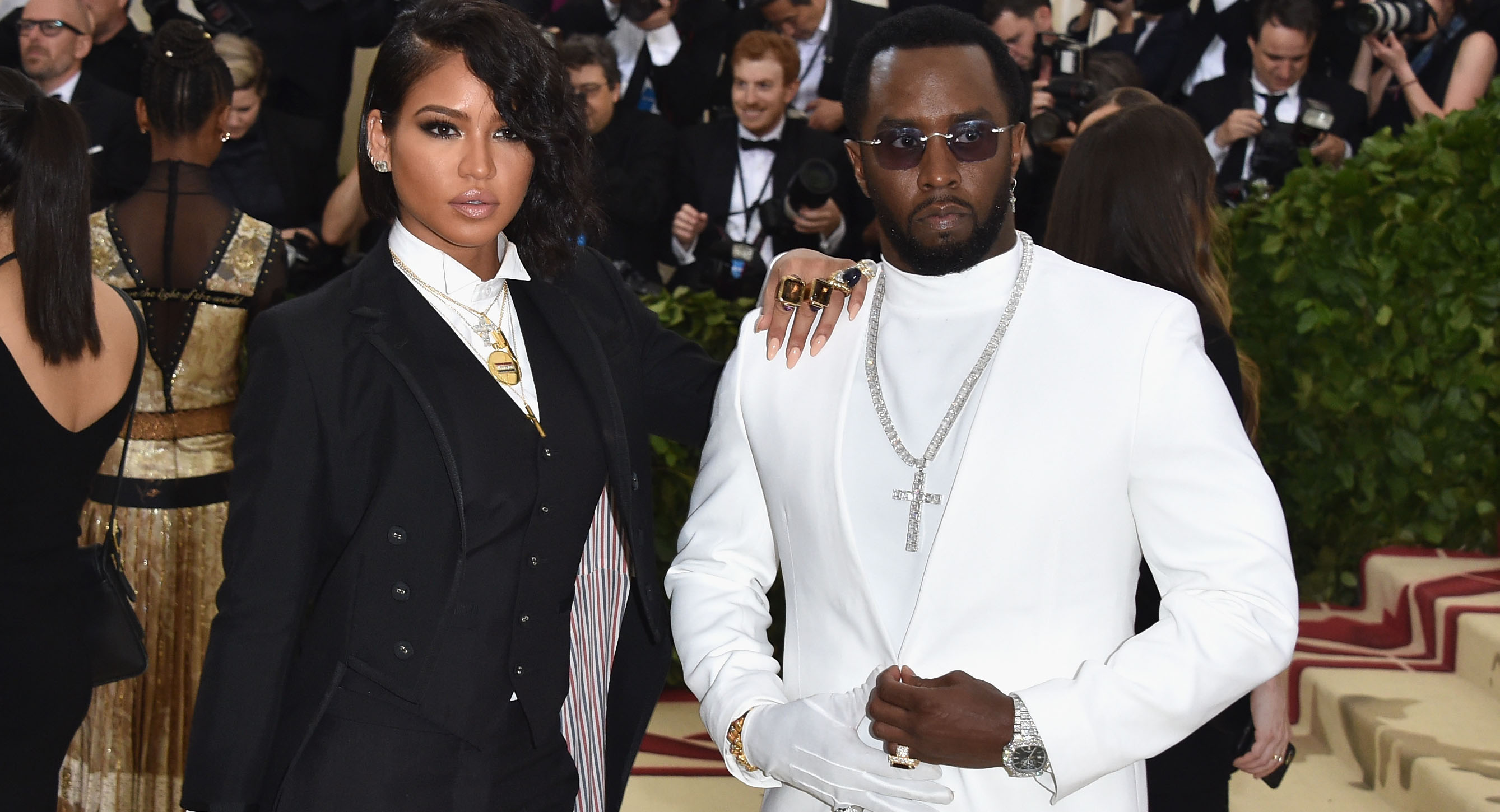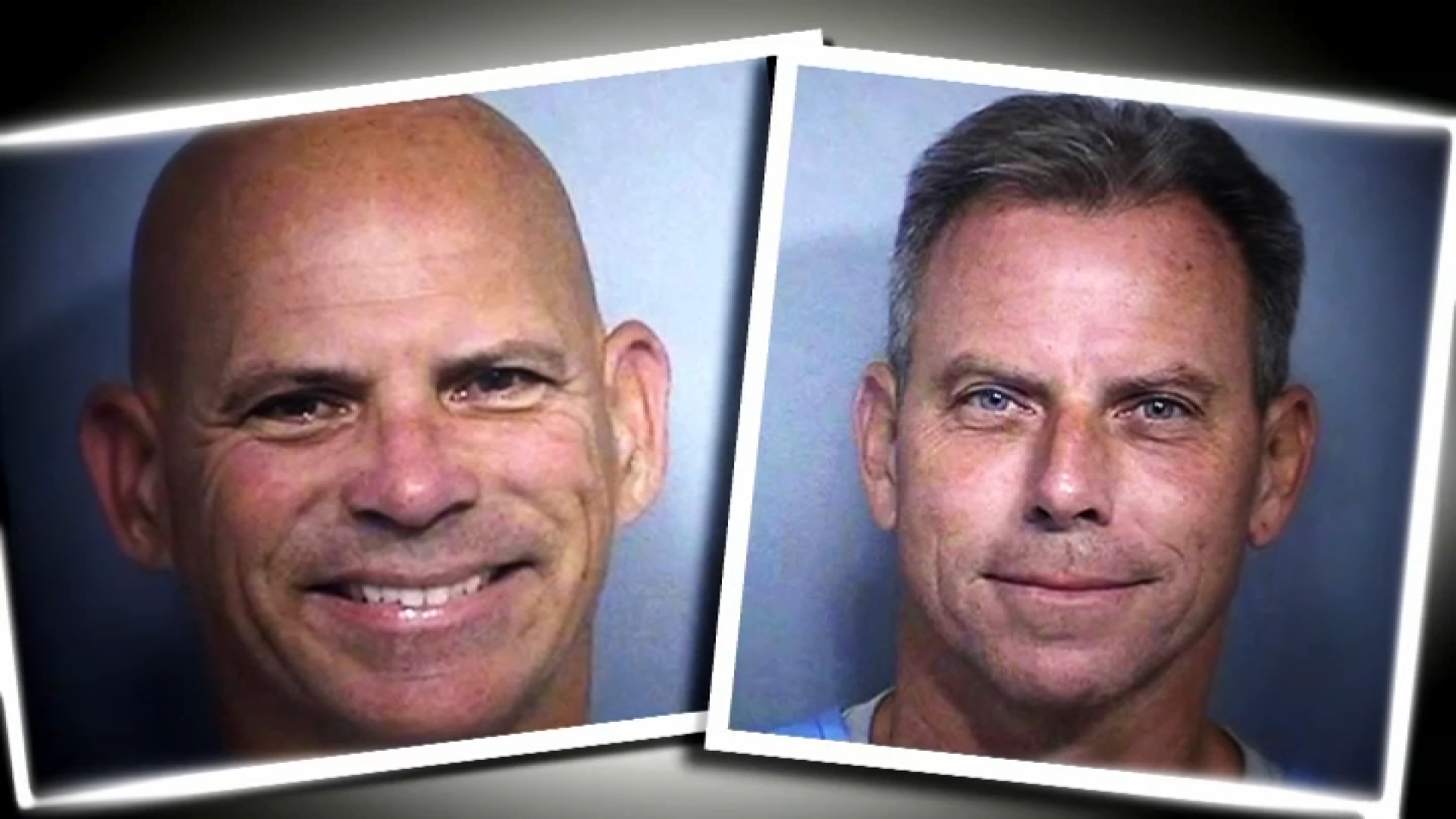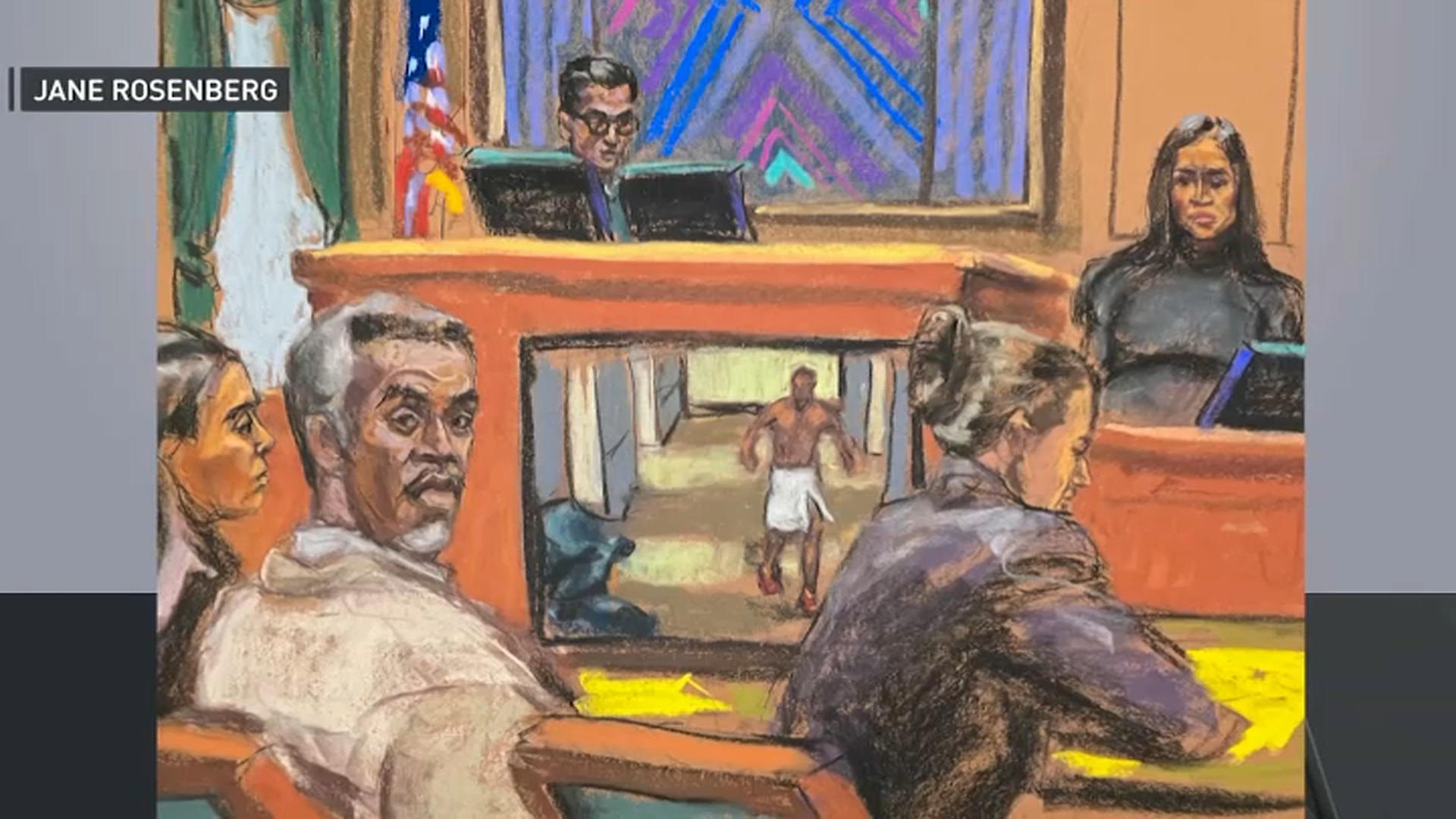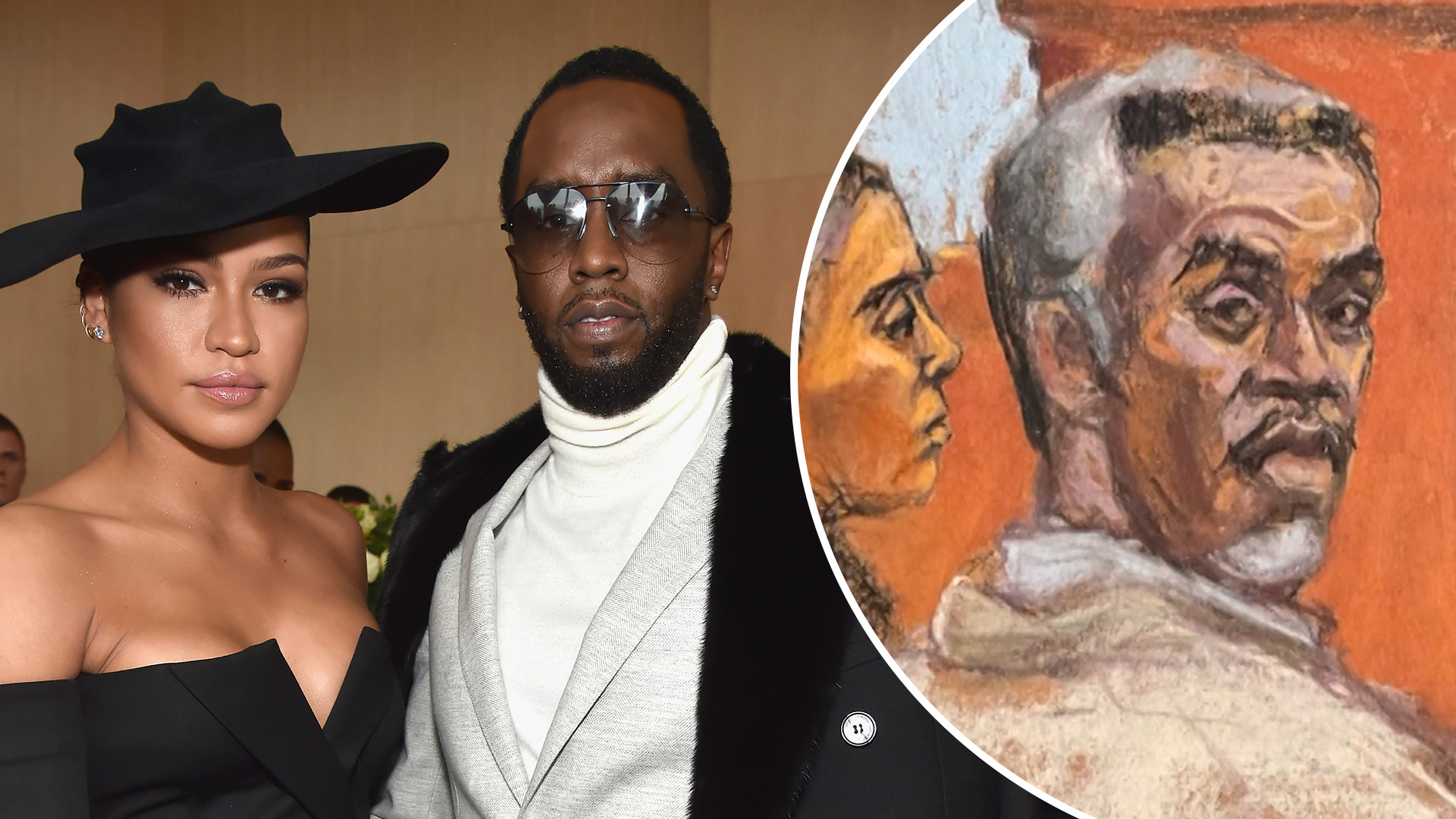Cassie's Testimony: Diddy Abuse, "Stomp Me In The Head"
'Stomp Me In The Head': Cassie's Harrowing Testimony Against Diddy Unveiled
Introduction: A Dark Chapter Unfolds
The entertainment world is reeling from the bombshell testimony of Casandra Ventura, known professionally as Cassie, against Sean “Diddy” Combs. In a case that has sparked intense public interest and scrutiny, Cassie detailed a decade-long relationship marked by alleged abuse, control, and disturbing demands. Her words, delivered with palpable emotion, paint a picture of a powerful figure allegedly using his influence to exploit and degrade her. This isn't just about celebrity gossip; it's a story of alleged power imbalances, abuse, and the courage it takes to speak out. Are we truly surprised by these allegations, given the whispers that have surrounded Diddy for years? Or are we finally ready to confront the dark underbelly of fame and fortune?
Cassie's Testimony: A Day of Reckoning
Tuesday marked a pivotal moment in the ongoing legal saga. Cassie, visibly emotional, spent approximately five hours on the stand, recounting her experiences with Combs. Imagine the courage it took for her to relive those moments, to confront the man who allegedly inflicted so much pain. This wasn’t a simple retelling of a bad romance; it was a stark and graphic account of alleged abuse and manipulation.
The Power Dynamics: A One-Sided Relationship
According to Cassie's testimony, the relationship was far from equal. She described Combs as powerful, abusive, and controlling, painting a picture of a dynamic where she had little agency. This is a classic tale of power imbalance, amplified by the celebrity status and financial resources of one individual.
"Freak Offs": The Disturbing Allegations
One of the most disturbing aspects of Cassie’s testimony centered around what she described as "freak offs." These alleged events involved drug-fueled, multi-day encounters where Combs allegedly ordered her to engage in “disgusting” sexual acts with strangers.
The Role of Drugs and Alcohol
Cassie’s testimony hinted at a culture of drug and alcohol use that allegedly fueled these events. She described these "freak offs" as taking place during multi-day drug-fueled marathons. This raises questions about the extent to which substance abuse may have contributed to the alleged behavior.
Voyeurism and Control: A Glimpse into the Alleged Obsession
Cassie alleged that Combs had an obsession with voyeurism, where he allegedly controlled every aspect of her encounters with others. Think of it like a puppet master pulling the strings, dictating every move and detail. This level of control is deeply disturbing and speaks to a potential need for domination.
The Baby Oil Detail: A Symbol of Objectification
The specific mention of copious amounts of baby oil, applied to maintain a "glistening" look, is a detail that underscores the alleged objectification Cassie experienced. It's a small detail, but it speaks volumes about the alleged dehumanization she endured. Was she viewed as a person, or merely an object to be used and manipulated?
Humiliation and Degradation: The Alleged Emotional Toll
Throughout her testimony, Cassie recounted instances of humiliation and degradation that allegedly took a significant emotional toll on her. She described a turbulent 10-year relationship consumed by violence and control. The long-term impact of such alleged abuse can be devastating, leaving lasting scars.
Speaking Out: The Bravery of Cassie
Regardless of the legal outcome, Cassie’s decision to speak out is an act of incredible bravery. It takes immense courage to confront someone as powerful as Diddy and share such personal and painful details with the world. This act alone may empower others to come forward with their own stories.
The Implications for Diddy: Facing the Music?
Cassie’s testimony has significant implications for Diddy, who now faces intense public scrutiny and legal challenges. Will this testimony lead to further investigations and potential criminal charges? Only time will tell.
Diddy's Response: Silence and Denial
As of now, Diddy and his legal team have largely remained silent, denying the allegations. It's a common tactic in high-profile cases, but it doesn't negate the impact of Cassie's testimony. The court of public opinion is already weighing in.
#MeToo and the Entertainment Industry: A Reckoning Continues
This case highlights the ongoing reckoning within the entertainment industry regarding power dynamics and sexual abuse. The #MeToo movement has empowered many to speak out, and Cassie's case is a stark reminder that the fight is far from over.
Holding Powerful Figures Accountable
The key takeaway here is the importance of holding powerful figures accountable for their actions. Regardless of their wealth or influence, no one is above the law. This case underscores the need for systemic change to protect vulnerable individuals from abuse.
Beyond Cassie: Are There Other Victims?
Cassie's testimony begs the question: are there other victims who have suffered similar experiences at the hands of Diddy or others in the industry? Her courage may inspire others to come forward and share their own stories of abuse and exploitation.
The Ripple Effect of Speaking Out
The ripple effect of speaking out can be profound. It can create a chain reaction, empowering others to break their silence and seek justice. Cassie’s case may serve as a catalyst for change within the entertainment industry and beyond.
The Legal Process: What's Next?
The legal process is likely to be lengthy and complex. The burden of proof rests on Cassie and her legal team to demonstrate the validity of her claims. Diddy's legal team will undoubtedly mount a vigorous defense. What are the potential outcomes, and how will this affect both parties involved?
The Importance of Due Process
It's crucial to remember the importance of due process. While Cassie's testimony is compelling, Diddy is entitled to a fair trial. The legal system must carefully weigh the evidence and make a determination based on the facts presented.
A Turning Point? The Future of Accountability
Could this case represent a turning point in how we address power imbalances and abuse within the entertainment industry? Or will it be another example of a powerful figure escaping accountability? The answer remains to be seen, but Cassie's courage has undoubtedly sparked a crucial conversation.
Conclusion: The Fight for Justice Continues
Cassie's testimony against Diddy is a stark reminder of the dark side of fame and the potential for abuse within the entertainment industry. Her bravery in speaking out has ignited a crucial conversation about power dynamics, accountability, and the need for systemic change. Whether this leads to justice for Cassie and other potential victims remains to be seen, but her voice has undoubtedly been heard. This isn't just about Cassie and Diddy; it's about creating a safer and more equitable environment for everyone.
Frequently Asked Questions
Q1: What were the main points of Cassie's testimony against Diddy?
Cassie's testimony detailed a 10-year relationship with Diddy marked by alleged physical abuse, control, and disturbing sexual demands, including forced encounters with strangers during drug-fueled "freak offs."
Q2: What is Diddy's response to the allegations made by Cassie?
As of now, Diddy and his legal team have largely denied the allegations and remained relatively silent on the matter.
Q3: How does this case relate to the #MeToo movement?
This case highlights the ongoing reckoning within the entertainment industry regarding power imbalances and sexual abuse, empowering others to speak out against powerful figures.
Q4: What are the potential legal outcomes of Cassie's testimony?
The legal process could lead to further investigations, potential criminal charges against Diddy, and a civil trial to determine damages. The outcome is uncertain and depends on the evidence presented.
Q5: Where can I find reliable updates on this case?
You can find reliable updates on this case from reputable news organizations like the Associated Press, Reuters, The New York Times, and The Los Angeles Times. Be cautious of social media rumors and unverified sources.



